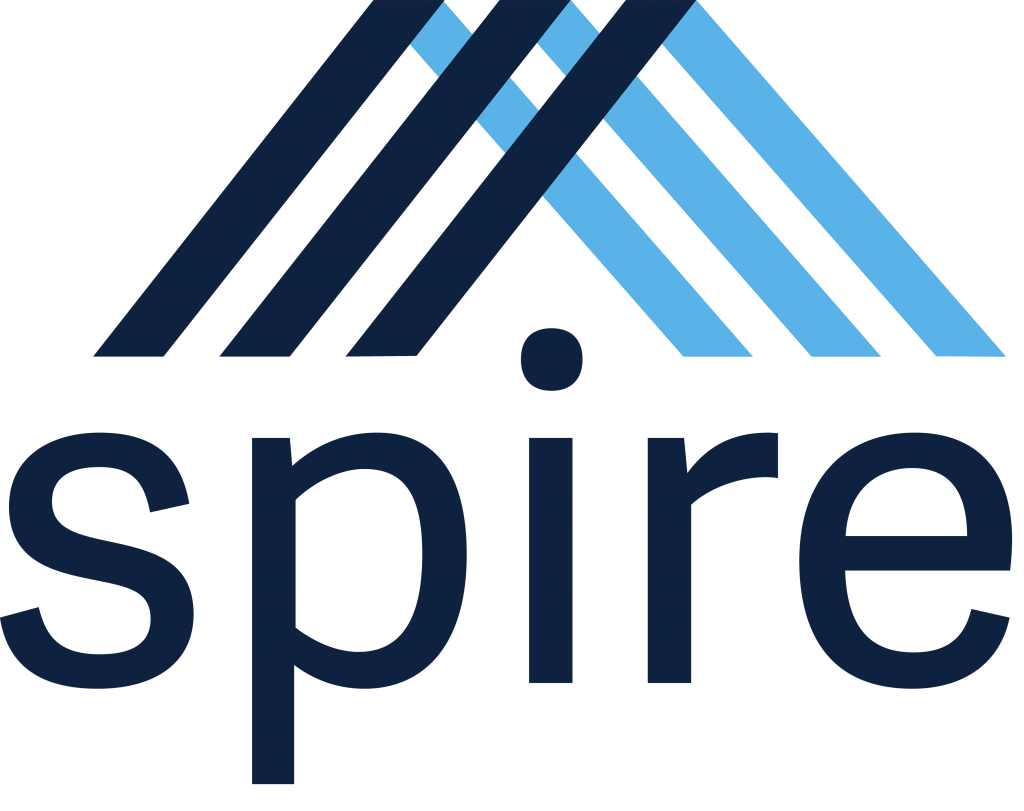A Letter From the Editor
Kaitlyn Abrams
English Department
University of Maine
To residents of Maine and broader communities,
It is my immense pleasure to introduce the inaugural issue of Spire: The Maine Journal of Conservation and Sustainability.
As an environmental journal created both in and for Maine, Spire is the first of its kind. The aim of this online publication is to broaden visibility around environmental concerns by showcasing work across the disciplines, helping to put Maine “on the map” as it leads efforts toward sustainable practices and the conservation of habitat and wildlife.
Spire is run by a team of graduate and undergraduate students at the University of Maine, with involvement from faculty members and a distinguished Advisory Board. Much like our authors, the students who make up Spire’s Editorial Team hail from a wide range of academic fields, uniting their various backgrounds and skillsets in a shared undertaking that welcomes diverse voices.
By way of acknowledgements, I would like to firstly congratulate Colby Fogg, winner of Spire’s Cover Design Contest for this issue. To the authors and artists whose work we are so proud to feature in our inaugural issue, thank you all for elevating this publication with your contributions. Enormous gratitude is also due to Spire’s team of student editors, for their dedication, collaborative outlook and enduring professionalism; to James Robe, Jack McLachlan, Gwyneth Roberts, John Welton, George Lindbom and Hanna Deon, thank you. Finally, Spire is deeply indebted to Daniel Dixon, Director of the UMaine Office of Sustainability, without whom this journal might still exist only in the realm of possibility.
This first issue of Spire features work from the University of Maine at the undergraduate, graduate and faculty levels, as well as work from individuals belonging to other institutions and organizations across Maine. Many of the selected works address topics that hold particular relevance to Maine, while still others possess a global significance.
In concordance with Spire’s mission, these works have not been separated according to their genre; rather, you will find that the science article neighbors the humanities piece, and collections of art are interspersed throughout. Read alone, each individual work offers a distinct vantage point for considering questions of conservation, sustainability and society’s potential role in these aims. Read together, these selected works begin to form a picture of the richly varied and complex ways that Mainers engage in environmental discourse.
Spire’s arrival happens to coincide with a significant moment for human engagement with the environment. While awareness of the environmental challenges we face continues to increase, there is also a growing sense of the disconnect between academia and the public. Unquestionably, it is of more vital importance than ever that we foster dialogue and collaboration across the boundaries of discipline as well as community. Residents of Maine – and indeed elsewhere – are essential stakeholders in conversations about sustainable use of resources and environmental stewardship. As we look to the future, Spire will continue to advance these pivotal conversations about the environment, cultivating the spirit of interdisciplinary partnership that serves as the cornerstone of this publication.
Kaitlyn Abrams
Editor in Chief of Spire: The Maine Journal of Conservation and Sustainability
University of Maine

